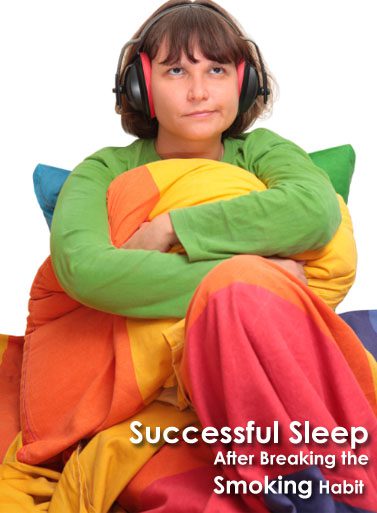How Does Sleep Deprivation Impact Mental Ability?
Sleep is a vital component of your health. We all know the horrible impact that having a poor night’s sleep can have on our ability to concentrate, to work and to exist as a normal, functioning human being. I know when I don’t get my requisite eight hours a night, I basically turn into a gorgon. Never mind the feeling of being hangry (hungry plus angry), the feeling of not getting enough sleep is far, far worse. Consider the ease with which you might snap at a friend or family member following a red-eye long haul flight as compared to after a good night’s rest of ten hours. Your mood diminishes greatly when you are sleep deprived and I wanted to take a look at exactly how and why, in the hopes that it helps you to get a better handle on your mental health. One of the major reasons that I started focusing on my sleep was because I was finding it hard to get all of my work done due to stress. When I started digging down for the cause of the stress, I found that it was largely due to poor sleeping habits and poor sleep hygiene. Once I knocked that nail on the head, it was much easier for me to get work done, as I wasn’t flying off the handle every five minutes about something infinitesimally unimportant.

Sleep and mood – what’s the link?
A study that was performed by researchers over at the University of Pennsylvania found that when they limited subjects to only four and a half hours of sleep a night, the subjects were more stressed, angry, sad and mentally exhausted! When the study allowed the subjects to increase their sleep again, they found that there was a drastic enhancement in their overall mood. This study (and hundreds of other studies) has found that sleep affects your mood and your anxiety, and these combined can go on to impact your entire life! Stress makes the body more aroused, awake and alert to potential threats, and when in an anxious state, you’re far less likely to be able to perform well. It’s thought that the link between sleep and mood has to do with the brain having sufficient time to enjoy REM (Rapid Eye Movement) sleep, a phase of rest which is restorative for the brain. If you don’t have sufficient REM sleep, you run the gamut of being at a higher risk for depression and other mental health issues. The kicker here is that when you are depressed or anxious, you usually find it difficult to get a good night’s sleep – so it’s important to make sure that you are on top of things with your sleep at all times.
How to address your sleep
If you are struggling to sleep properly, there are a number of things that you can do to address this. I know that when I found I was struggling with my sleep, I decided to buy a mattress from Oz Mattress in the hopes that a new bed would be a reset button of sorts. In a lot of ways, the new mattress really helped me, as I was suddenly sleeping on this luxurious and comfortable, supportive surface instead of my old mattress which had really seen better days.
Even if you’re not struggling with your sleep now, be aware of the link between your sleep and your mental health, and understand the importance of getting enough sleep. It will make a huge difference to your daily life if you take a few steps towards making sure that you’re sleeping properly.



